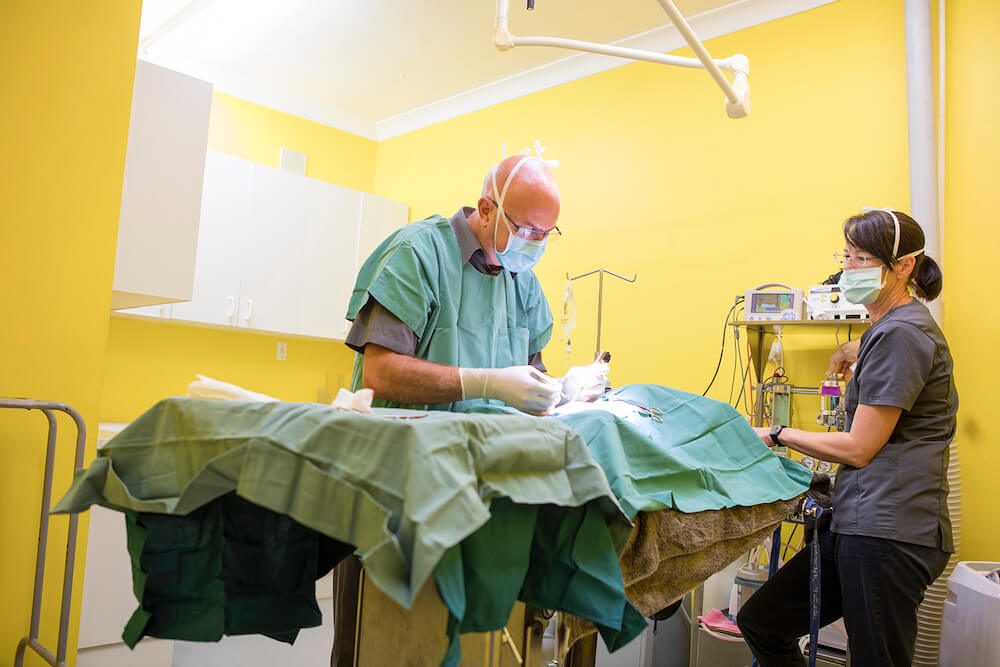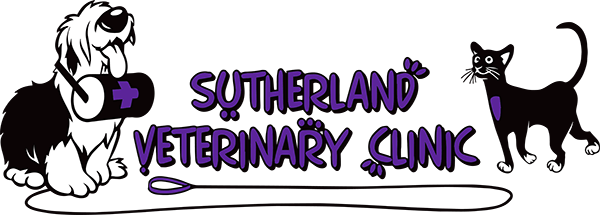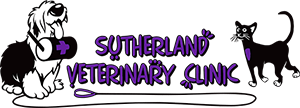Pet Surgery
Best practices and equipment for your pet
It is a simple fact that sometimes even furry family members will need a surgical procedure to live a long and comfortable life. Whether your beloved pet needs something as simple as a desexing or as complex as a fracture repair or cancer treatment, our veterinary surgeons have the advanced knowledge, training, and equipment to perform your pet’s surgery with the highest standard of care.
The latest advancements in veterinary medicine
Our Sutherland Vet Clinic is equipped with a modern surgical theatre with equipment capable of handling the most complex surgical cases. Animal surgical procedures can be just as complex as human surgeries, so our facility is equipped to handle everything a surgical procedure involves, from the availability of surgical instruments to the latest in pain relief.
Excellent surgical care for your pet with the best in technology & training
Our veterinarians perform various operations, including desexing, simple and complex soft tissue surgery, orthopaedic surgery, and cruciate ligament repairs. The comfort, vital signs, pain relief and wellness of our surgical patients are continually monitored by our veterinary nurses so we can ensure both a successful surgery and recovery period. With the excellent care of our nurses and vets, your pet will be back on its feet in no time.

Frequently Asked Questions
What is the most common surgery for dogs?
The most common surgery for both cats and dogs is spaying and neutering, which is recommended for all pets to prevent unwanted pregnancies and a range of other health problems.
How long do pet surgeries last?
Every patient and surgery is different, so it is difficult to determine exactly how long it will take without a consultation. Typically, your pet will be anaesthetised for at least one hour, and most surgeries don’t take too much longer than this; however, your vet will give you a clear picture based on your pet’s needs.
Is surgery painful for dogs?
The surgery itself will not be painful as medication and anaesthesia are used. Pain may be experienced during your pet’s recovery however, the patient will likely be prescribed pain medication based on their situation.
Can animals get surgery?
Yes, surgery can be the solution for many pets, often giving patients a long and happy life.
Do you perform blood tests?
Yes, we can test your pet’s blood to determine their overall health status, as part of their procedure or to gain insight into specific health issues.
What is the most common veterinary surgery for pets?
The most common surgery for pets is desexing and neutering which is highly recommended to prevent pregnancies and a range of potential health risks.
Do veterinary doctors do surgery?
Yes, most veterinarians can cover all the healthcare needs of your pet, including surgery.
Do you perform surgery at your veterinary clinic?
Yes, our fully equipped veterinary hospitals ensures that you and your pet won’t need to travel elsewhere to have their surgery. With a range of specialist equipment and the highest level of training, our patients can visit their vet for every need, from surgery through recovery.
What types of surgery do you perform?
Our specialist vets can complete most surgery types, including desexing, exploratory surgery, tumour removals, lump removals, biopsies, stitching wounds, fixing internal obstructions, and repairing orthopaedic concerns such as broken legs and breed-related issues, plus much more.
How long is recovery after desexing?
Initially, no healing occurs for the first 5 days before the wound, and underlying sutures begin to heal. Your pet must be confined to a small area for 10 days post-surgery or slow walks with restricted movement on the lead. Your pet may be quiet the night of their procedure, but they should return to their bouncy self as soon as the next day. You will need to return to the vet for a check-up within a week.
Book an appointment with our highly trained veterinarians and vet nurses today!
Customer Feedback
“When we got our new puppy Parker Brown, we knew we would go back to Sutherland Vet. They were the medical team that got us through the routine and unexpected ups and downs of our old dog Leroy’s life, right up to the end and they did it with so much love and care. There is so much trust and history there. They’re part of the family.”
– Alicia B.

